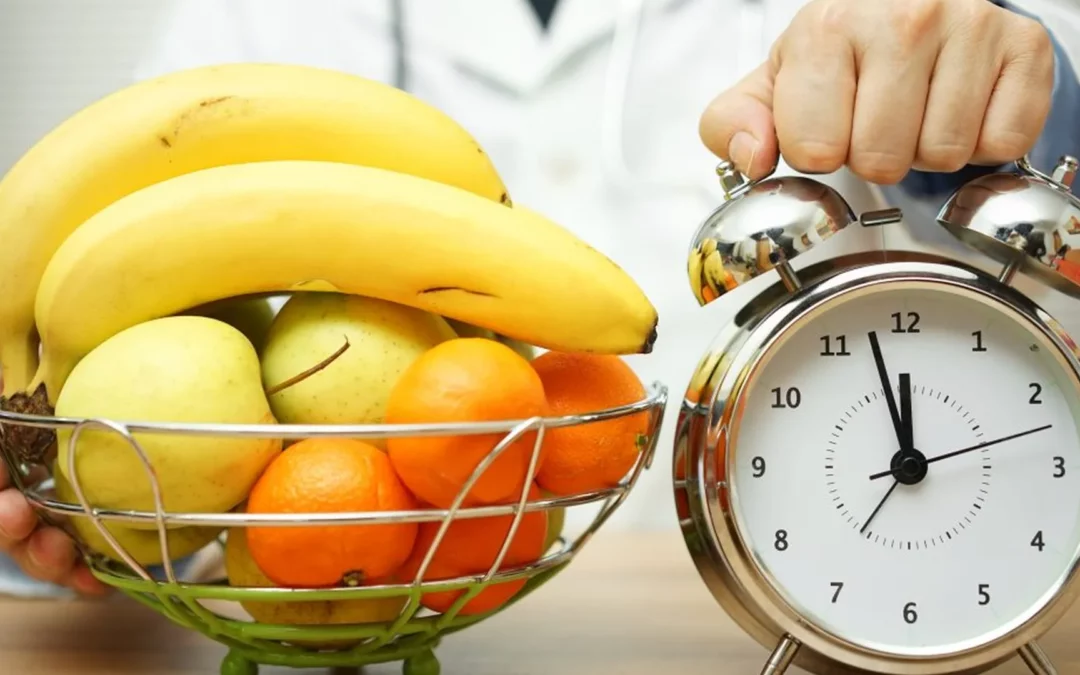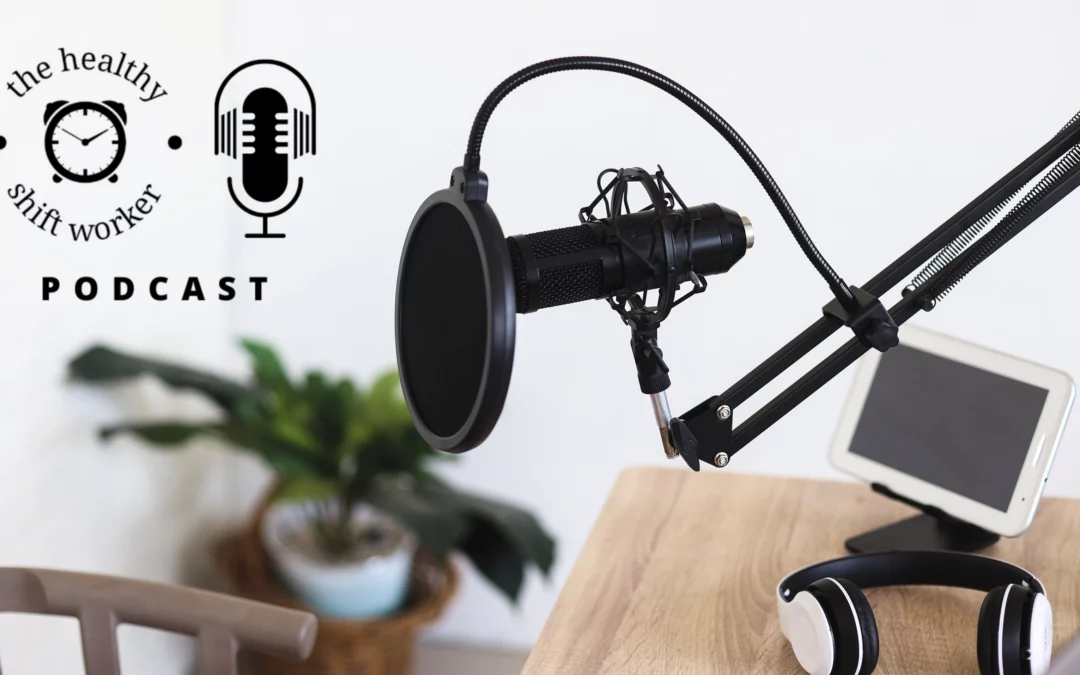
by Audra Starkey | Jun 10, 2020 | Nutrition
Have you ever thought about how fast you might be eating? Seem like a strange question?!! Well, the reason I ask is because according to a study published in the British Medical Journal (2018), eating speed was shown to affect obesity, BMI and...

by Audra Starkey | Aug 2, 2018 | Sleep
Yesterday I was talking to a potential client, who was bit unsure and hesitant about working with me, so I decided to ask her a few questions regarding her current lifestyle habits. Because let’s face it, our diet and lifestyle habits are often one of the firsts thing...

by Audra Starkey | Jan 31, 2017 | Nutrition
Something I hear often from many of my shift working clients is “ever since starting shift work, I’ve continued to gain weight.” Perhaps this is something that you can relate too as well. But why is this so? Well the etiology (or cause) of weight...

by Audra Starkey | Jan 2, 2017 | Nutrition
As we say goodbye to another year and welcome in the arrival of a new one, the words “New Years Resolution” and “Weight Loss” seem to go hand in hand with one another … each and every year. But why is it that so many people struggle to...

by Audra Starkey | Oct 19, 2016 | HSW, Nutrition, Podcast
Healthy Shift Worker Podcast Episode 20: In this week’s episode, Audra chats with Dr Amy Reynolds from CQ University’s Appleton Institute in Adelaide, who in conjunction with researchers at the University of Chicago, is heading up a research study to identify if...





